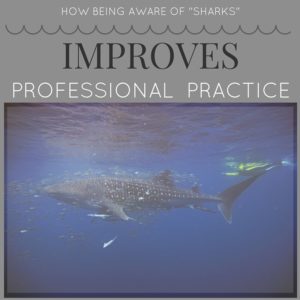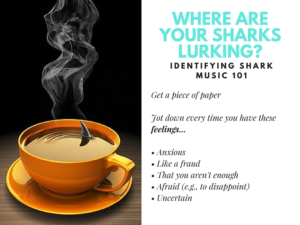 In this series, I’m exploring how #ece professional development is failing teachers.
In this series, I’m exploring how #ece professional development is failing teachers.
In my opinion, our professional development (PD) efforts do not include sufficient attention to supporting teachers’ social-emotional skills, and we need to approach PD from a more wholistic perspective.
As Parker Palmer (@parkerjpalmer) reminds us, “Good teaching requires courage – the courage to explore one’s ignorance as well as insight, to yield some control in order to empower the group, to evoke other people’s lives as well as reveal one’s own.” From Good Teaching: A Matter of Living the Mystery.
In order to support the social-emotional well-being of adult learners, I’ve offered five skills that can be addressed in equal parts during professional development, which all to often is oriented toward compliance, implementation, and change in practice.
The five social-emotional skills include:
Let’s get started with self-awareness……
Self-awareness: ability to recognize and understand one’s own emotions; ability to capitalize upon one’s strengths and recognize one’s own biases, emotional triggers, and limitations; and knowledge that, ultimately, we have control over our emotions and how we respond to situations.
Suggestion for PD:
Borrowing from Dr. Dan Siegel and Dr. Tina Payne Bryson, one professional development strategy to promote self-awareness is to encourage adults to recognize when they hear “shark music.”
The idea of shark music is that what we fear (consciously or unconsciously) can play like a soundtrack in the background of any given situation. For example, let’s say you have an important telephone call and one of your kids (or pets) decides to have a meltdown. It is likely that you react, based upon your own fears. Perhaps you remember how long it took to resolve the last meltdown, and that makes you worried that you will be late for your call. Another fear you may have, is that when it is time to take the call, you won’t be prepared or that you won’t sound professional with a screaming child/barking dog in the background. Lastly, you may react poorly, given that you feel you are disappointing your child/pet because you need to rush them along.
Having all of these thoughts is what it means to hear shark music; and most of the time, we aren’t aware of the music (or underlying fears) – we just react.
When the shark music is playing, we struggle to think rationally and respond thoughtfully. Teaching adults to recognize, when they hear shark music, allows them to acknowledge the fear; then determine how to respond versus react to the situation.
I’ve used the strategy of identifying “shark music” during a year-long professional development series with PreK teaching teams in Iowa. In particular, I have established a practice of creating opportunities to practice self-awareness regarding our responses across a variety of situations by encouraging participants to:
- turn inward and reflect on how we feel, whenever we discuss a hot topic (e.g., what to do when a child acts out).
- discuss how best to respond to mandates that are in conflict with our view of early childhood (e.g., when we are required to administer a standardized test).
- reach out to others (including me) when they hear “shark music”
Here is an example of an activity designed to help others recognize their shark music:

But how do we go from recognizing shark music…to doing something about the shark music?
A friend and colleague, Jonathan Fields, offers a remedy for shark music using a four-step method called WOOP. 
- To learn more about WOOP, click here to read a chapter (shared with permission) from Jonathan’s book, “How to Live a Good Life“
- The method is supported by a free app and has a strong evidence base
- The image shared here is an example of one of my WOOP If/Then “remedies”
For use in professional development, invite participants to download the WOOP app, or you can walk them through the process (takes only a few minutes). In the end, they have identified their shark music, and have a plan for responding better in the future.
I’ve also encouraged participants to identify their Supeprpowers, which can act like kryptonite against shark music. Go HERE to learn how to complete and/or share the Superpowers Self-Assessment. And as a bonus, you can complete or share this brief quiz to find your IEP Superpowers…becuase we all know…sometimes an IEP meeting can cause just about any of us to hear shark music.
This focus on self-awareness has allowed participants to better recognize when fear is creeping in, and to yell out, “shark,” and know others will come to our rescue. In doing this, we have acknowledged the fear and found a little more peace.
P.S. Continue learning how you can design and deliver PD to strengthen the social-emotional skills of adult learners by reading the next blog post titled, “Can You Guess What Self-Regulation, Setting Policies, and Professional Development Have in Common?“